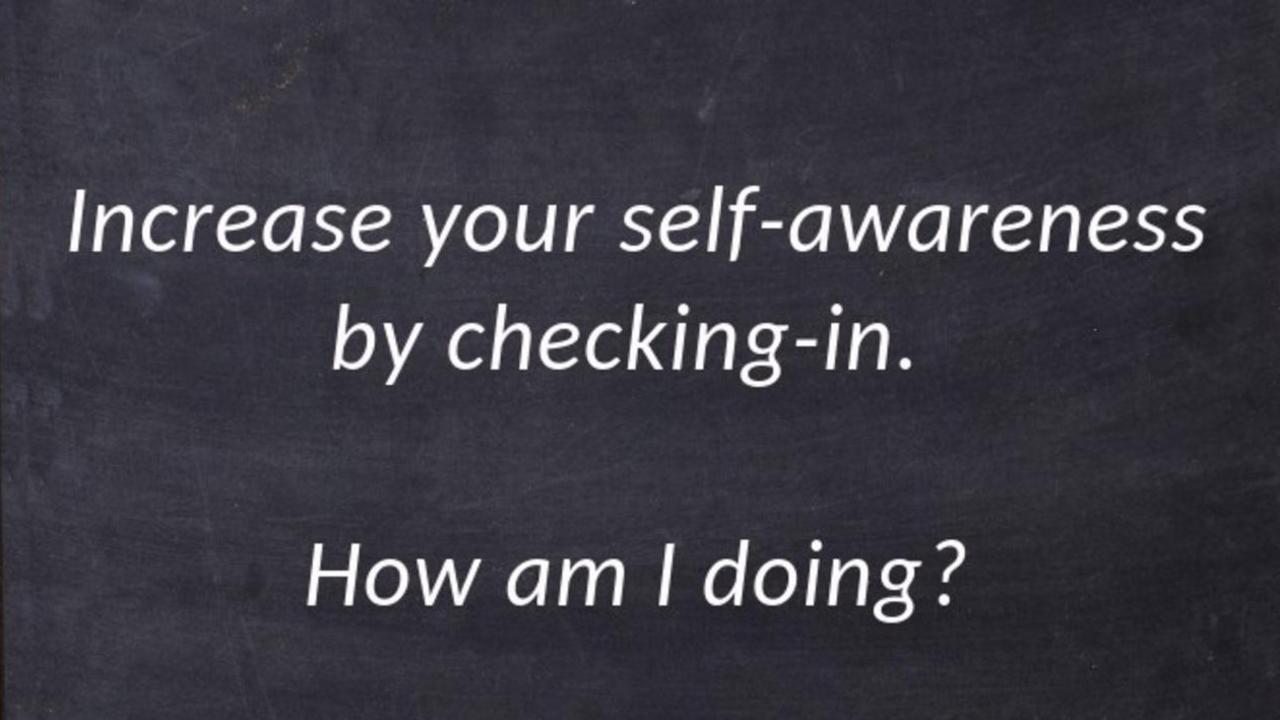You Can Control Your Emotional Triggers Today

In my last article, I talked about emotional triggers and how they typically come from a few different sources. Now let’s find out how to work with them.
Thankfully, there are ways to combat emotional triggers.
The first step is to bring awareness. Notice when conditions exist that are within your control (hunger, stress, exhaustion, etc.) and directly respond to them. Otherwise, you might be setting yourself up to have an overly emotional reaction, a.k.a. Get triggered.
In Alcoholics Anonymous, there’s an acronym for remembering those negative conditions, and it’s called, H.A.L.T. (Hungry, Angry, Lonely. Tired.) In the AA world, HALT reminds individuals that each of those physical or emotional conditions, if not taken care of, can leave them more vulnerable for a relapse.
Yet, I think those conditions, (plus a few extras I added on) are critical for everyone. If not addressed, they can have a negative influence on us and possibly result in causing an unexpected trigger.
Here are the four conditions I took the liberty of adding to HALT –Stressed, Overwhelmed, Surprised, and Not Feeling Well. Now, when referring to the AA acronym, I explain it as HALT+.
If you take a moment to check in with yourself and take your emotional temperature periodically during the day, you’ll notice more and more when these conditions exist. You will bring awareness to feeling stressed, overwhelmed, lonely, etc. Then, after you observe what’s going on, you can decide whether you need to do something about it or not.
Some examples;
- If every time you have an overwhelming day at work, you walk in the door at home and start an argument with your partner, that’s on you.
- When you’re feeling sick and exhausted, perhaps it’s not the best time to help your challenging teenager with his homework. Chances are, it won’t end well unless you keep your awareness in check.
- If you go to a party feeling isolated and lonely, and your ex-boyfriend shows up unexpectedly with a date, you need to make a conscious decision about how to keep your self-esteem in a positive place.
- You notice that whenever your partner doesn’t call at the exact time you expected, your response is to become ‘over the top’ irrationally upset. Something about that situation is setting you off. Perhaps he/she is making you feel abandoned or invisible, etc. You might be getting triggered because of something from your past.
Checking in helps you to notice the conditions that exist and the intensity and irrational flavor of your reaction so you can then try to understand what's going on and how to handle it. You can also prevent unnecessary, intense interactions with others!!
By checking in and bringing awareness to your physical or emotional state, you are now taking control of how you respond to your environment. This is how you prevent or minimize the impact of emotional triggers.
If you can’t change the adverse condition, at least, you can note it to yourself, bring increased awareness and decide how to manage it.
Let’s go a little deeper - if you're able to self-reflect and recognize that a condition, situation, or person is having (or had) a strong and perhaps unexpected negative impact on you –you’ve already accomplished something! You have injected space between the thought, the feeling, and your reaction. When your awareness increases, it helps you to slow down your automatic responses, take better care of your emotional needs, and it stops the piling-on of negative stressors and responses.
I hope this information takes the mystery out of those seemingly unexplainable and uncomfortable “out-of-control” emotional moments!
Emotional triggers are not random – they always stem from somewhere or something.
Once you understand them, you take their power away. I love that part!
Also, never hesitate to seek help from a professional. It’s a sign of strength to reach out and ask for help.
